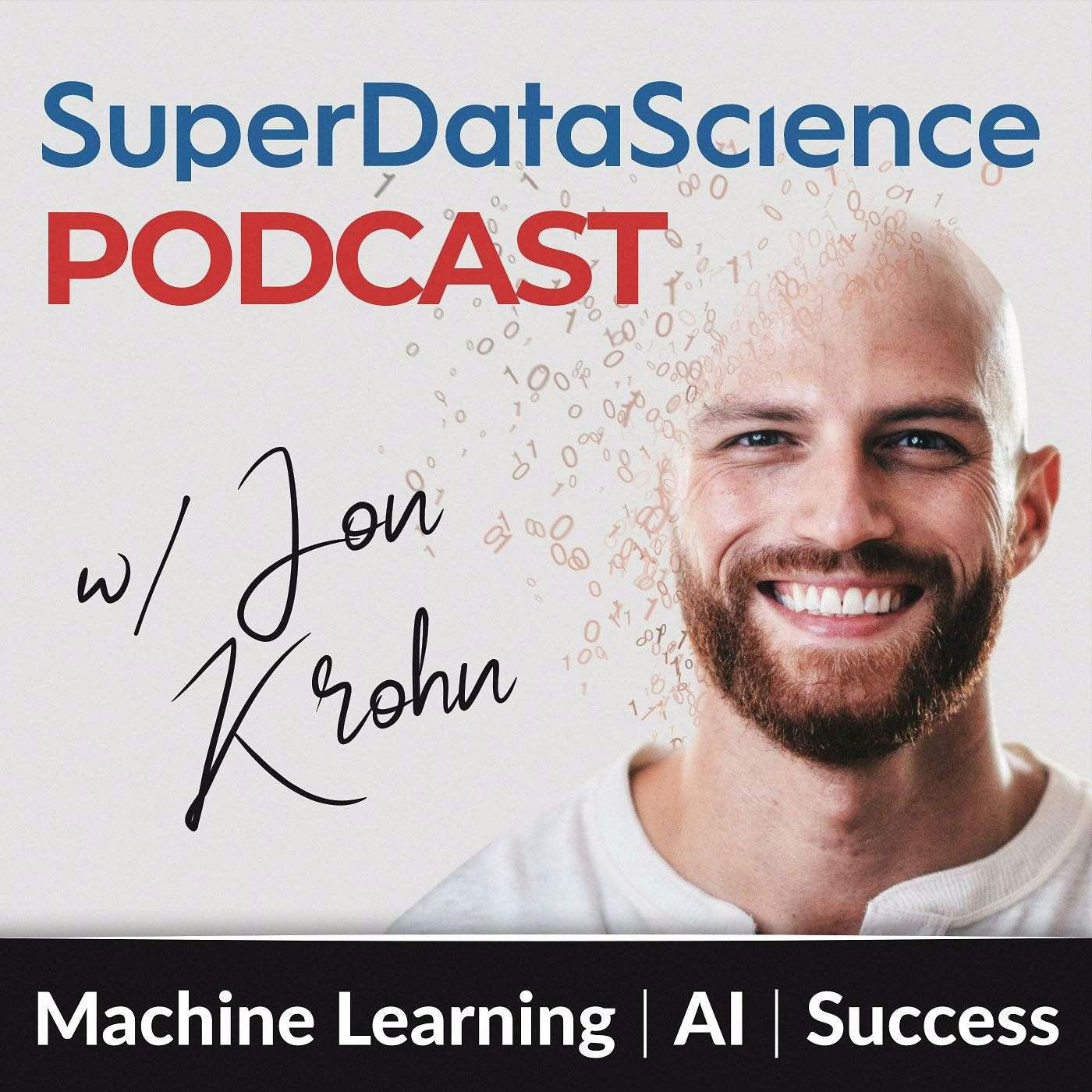
851: Quantum ML: Real-World Applications Today, with Dr. Florian Neukart

Super Data Science: ML & AI Podcast with Jon Krohn
Deep Dive
What are the three key elements of quantum-safe security?
The three key elements are quantum-proof encryption algorithms, quantum key distribution, and quantum random number generation. These elements work together to ensure secure communication and data protection against quantum computing threats.
Why is hybrid quantum computing considered practical for real-world applications today?
Hybrid quantum computing combines classical high-performance computers with quantum processors, leveraging quantum capabilities only where they provide clear advantages. This approach avoids the limitations of pure quantum systems, such as short operational times and high error rates, making it practical for tasks like optimization, simulation, and machine learning.
What challenges do quantum computers face due to their short operational times?
Quantum computers have very short operational times, typically nanoseconds to microseconds, due to quantum decoherence. This requires careful algorithm design to ensure computations are completed before the system collapses, limiting the depth and complexity of quantum circuits.
How does Google's Willow chip reduce errors in quantum computing?
Google's Willow chip reduces errors exponentially as the number of qubits increases. This breakthrough addresses the historical issue where adding more qubits would lead to more errors, making it possible to scale quantum systems while maintaining low error rates.
What are some real-world applications of quantum computing in machine learning?
Quantum computing is applied in machine learning for regression, classification, and deep learning tasks. It is particularly useful in image classification, medical image analysis, and optimizing algorithms for tasks like automated inspection in vehicle production or self-driving vehicles.
What is the significance of room temperature superconductivity for quantum computing?
Room temperature superconductivity could eliminate the need for expensive cooling systems in quantum computers, making superconducting chips potentially usable in mobile devices. This breakthrough, achieved in graphite, paves the way for more practical and accessible quantum computing hardware.
What future applications of quantum computing are most exciting?
Exciting future applications include personalized medicine, nuclear fusion energy optimization, and revolutionary space technologies like space elevators. Quantum computing could enable breakthroughs in drug design, physics simulations, and materials science, transforming industries and addressing global challenges.
How can someone with a machine learning background start working with quantum computing?
A machine learning background is sufficient to start working with quantum computing. Platforms like Terra Quantum's TQ42 provide accessible tools and training programs like TQ Academy, enabling users to apply quantum techniques to machine learning problems without needing a physics degree.
Shownotes Transcript
Are our passwords safe, even with the increasing accessibility of quantum computing? Florian Neukart, Chief Product Officer at Terra Quantum AG, thinks so. In this episode, he outlines the three key elements of quantum-safe security. He speaks to Jon Krohn about the resourceful applications of quantum computing and workarounds for the demands of quantum computing on operational times and cooling systems. And if you’re interested in making the switch to quantum computing from machine learning, he also explores what you need (and don’t need) to make change happen.
Interested in sponsoring a SuperDataScience Podcast episode? Email [email protected]) for sponsorship information.
In this episode you will learn:
(17:12) The real-world applications of quantum computing
(23:35) The chips needed for quantum computing
(31:18) How quantum computing meets key business challenges
(46:33) The ethical challenges of quantum technology
(49:28) How to become proficient in quantum computing
(1:01:21) The future of quantum computing
Additional materials: www.superdatascience.com/851)